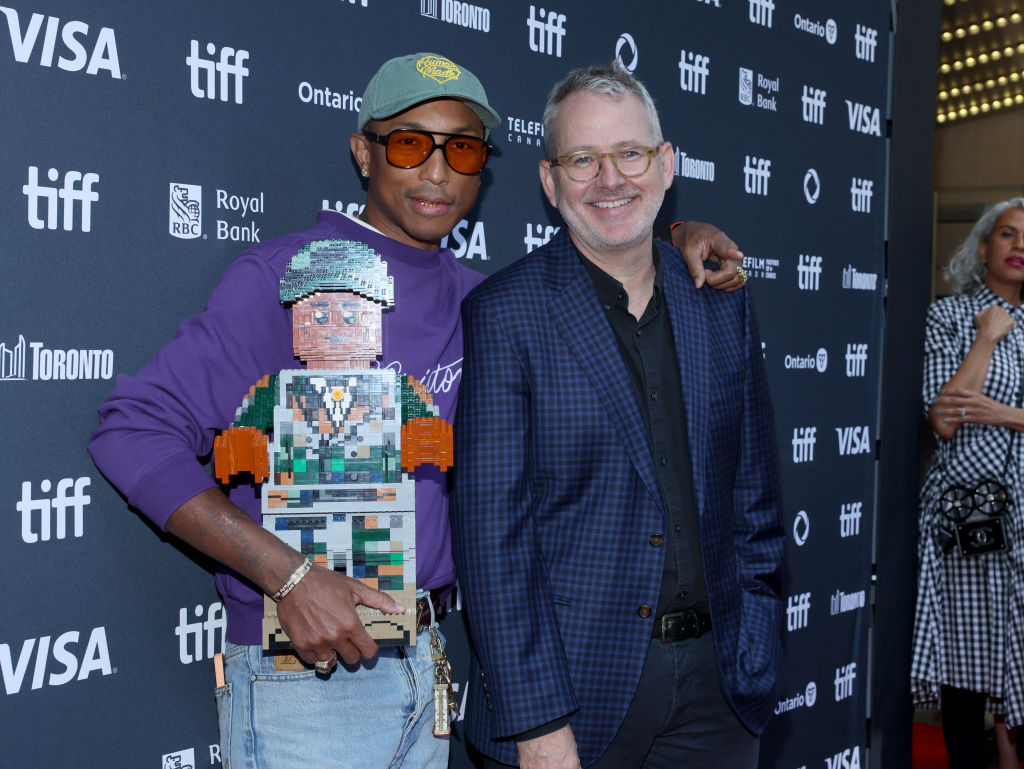The Controversial Use of AI in Documentaries: A Look at Morgan Neville’s Approach
One of the most striking elements of Morgan Neville’s documentary Roadrunner, which chronicles the life of the beloved chef and TV personality Anthony Bourdain, was the director’s innovative—yet controversial—use of generative artificial intelligence to recreate Bourdain’s voice. This creative choice sparked a chorus of debates around authenticity and ethical boundaries in documentary filmmaking.
A "Fun" Experiment Gone Awry
In a conversation with Wired, Neville described his use of AI as a “fun” way to keep Bourdain’s voice alive throughout the film. However, this experimentation led to significant backlash. While the synthetic voice only recited words previously penned by Bourdain, many viewers jumped to the conclusion that the technology invented dialogue, leading to misunderstandings about the documentary’s integrity. As Neville candidly shared, “Many people told me there were other documentary projects that were doing the same thing… they either changed what they were doing or put giant disclaimers over everything.”
A Shift in Approach
Following the criticism leveled at Roadrunner, Neville has been careful to distance himself from AI technologies in his subsequent work. In his latest documentary, Piece by Piece, which offers a creative portrayal of musician Pharrell’s life using Lego figurines, he took great lengths to retain authenticity. “In Piece by Piece, Carl Sagan says ‘Pharrell,’ and I was very clear to everybody that we were, with permission of his widow, going to make him say ‘Pharrell’ without using AI,” said Neville. Instead of relying on technology for voice replication, they meticulously constructed the word from syllables Pharrell had actually spoken.
The AI Debate: A Double-Edged Sword
Neville’s experience highlights a significant debate within the realm of documentary filmmaking. On one hand, the advancement of AI offers filmmakers innovative tools for creativity and storytelling, but on the other, it raises ethical dilemmas regarding authenticity and transparency. As AI continues to evolve, it will be crucial for creators to navigate these waters thoughtfully, balancing artistic expression with respect for their subjects.
Local filmmakers, artists, and documentary enthusiasts may find themselves grappling with similar choices. For instance, in communities where storytelling holds cultural significance, using AI to mimic voices or create narratives without consent could risk eroding trust and authenticity.
Moving Forward in the World of AI
As we look to the future, the conversations sparked by Neville’s use of AI in Roadrunner serve as an essential reminder for creators across industries. The road ahead is filled with possibilities, but it also demands a careful consideration of ethical practices and respect for individuals’ legacies.
The AI Buzz Hub team is excited to see where these breakthroughs take us. Want to stay in the loop on all things AI? Subscribe to our newsletter or share this article with your fellow enthusiasts.




